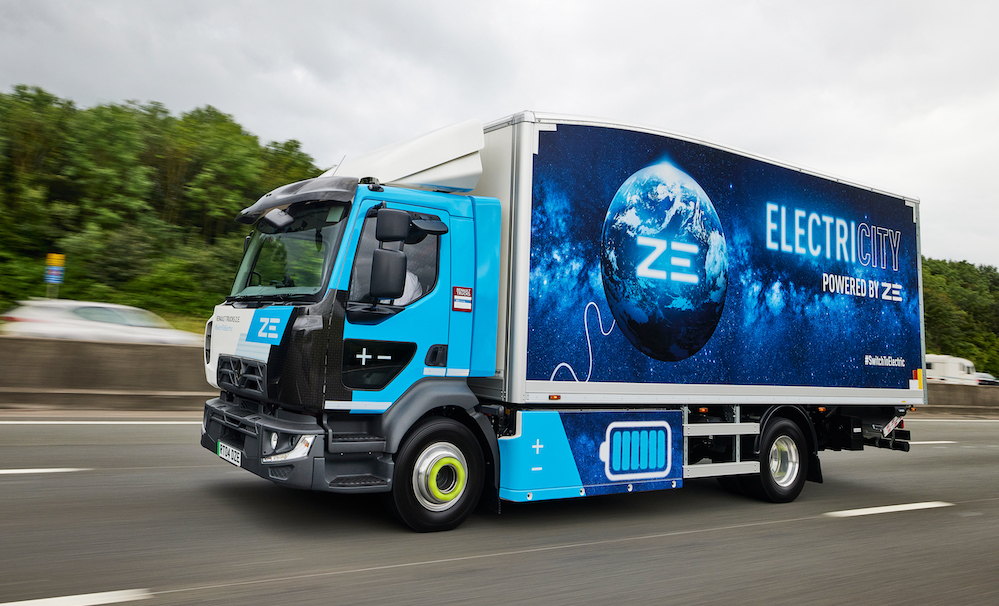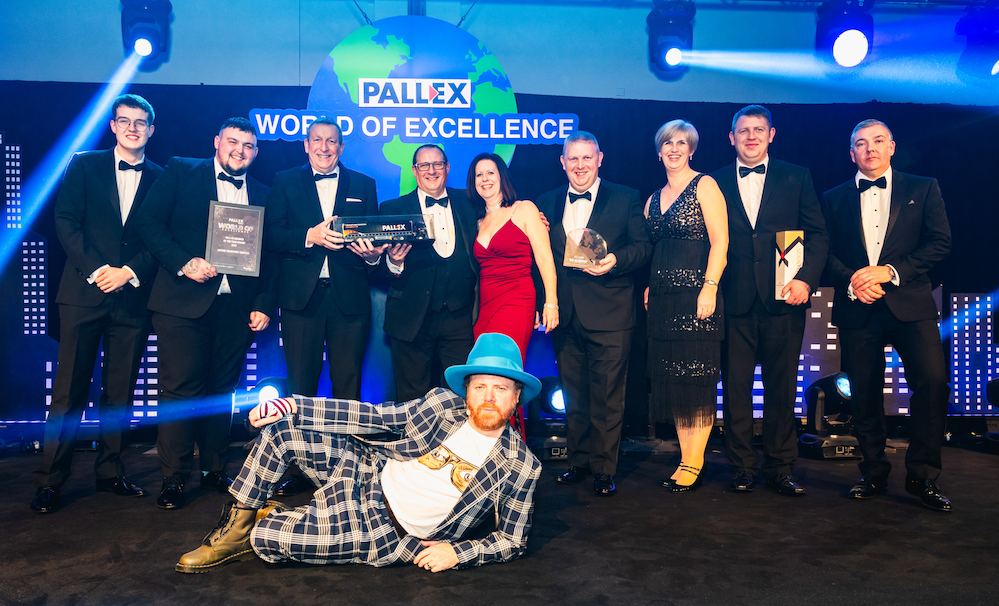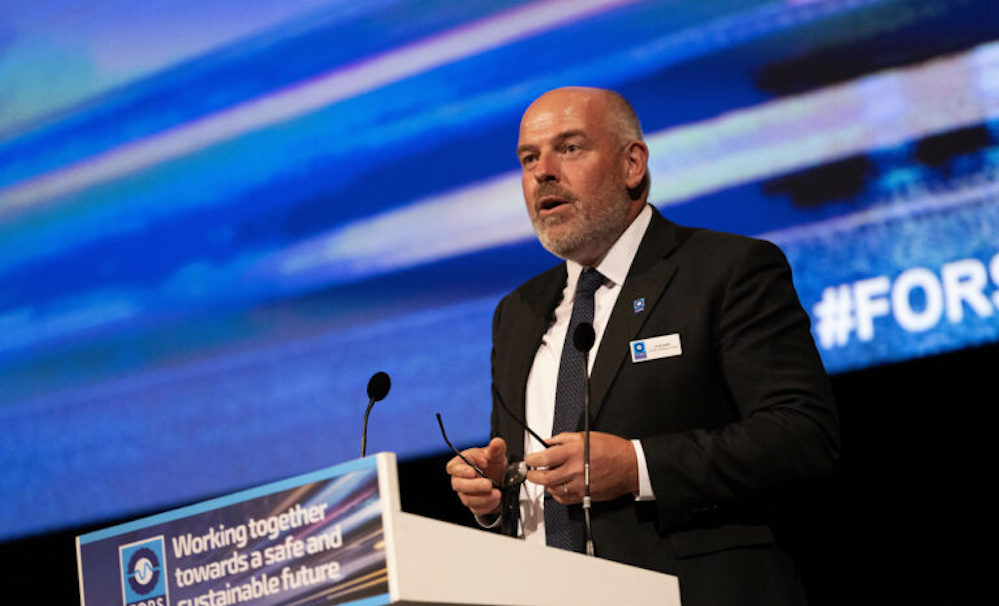Answering today’s urgent need to improve air quality and reduce noise pollution in our cities, Renault Trucks will showcase vehicles from its award-winning electric Z.E. range, all in serial production and available to order now, at this year’s Freight in the City Expo, 28 September, Alexandra Palace, London.
Visitors to Stand 1 will see a 3.1 tonne Renault Trucks Master Z.E. from Petit Forestier, Europe’s leader in refrigerated vehicle rental. Equipped with Thermo King E-200 full-electric refrigeration unit, the Master Z.E. delivers perishable goods silently and with zero tailpipe emissions into inner city areas with the strictest emissions standards.
Also on display will be a 16 tonne D Z.E. chassis specified with four 66 kWh battery packs giving an operating range on a single charge of up to 400km. As with all Renault Trucks D Z.E. and D Wide Z.E., it is backed by Renault Trucks’ battery performance promise, which guarantees the power available to operate electric vehicles for up to ten years.
Additionally, on Stand 61, Renault Trucks will be presenting a 26 tonne Renault Trucks D Wide Z.E. Low Entry Cab, equipped with a CP Davidson Titan refuse collection body. The easier access and excellent direct vision of the LEC model offers up to 200km use in city applications for distribution and light construction as well as waste.
Completing the award-winning line-up is a 16 tonne Renault Trucks D Z.E. 4×2 featuring Bevans box body. This vehicle has easily travelled the 189km of the M25 with a 3 tonne payload, proving its suitability for the most demanding urban delivery applications.
Alex Williams, Head of Brand & Communications at Renault Trucks UK & Ireland, says: “We’re excited to be back at Freight in the City and to present our enhanced range of fully electric vehicles that are delivering cleaner, safer and more sustainable urban transport today. The UK is going green, and quickly; at Renault Trucks we are already on the road to net zero and we look forward to welcoming operators to our stands to discover how we can support their transition to a low carbon transport world.”







